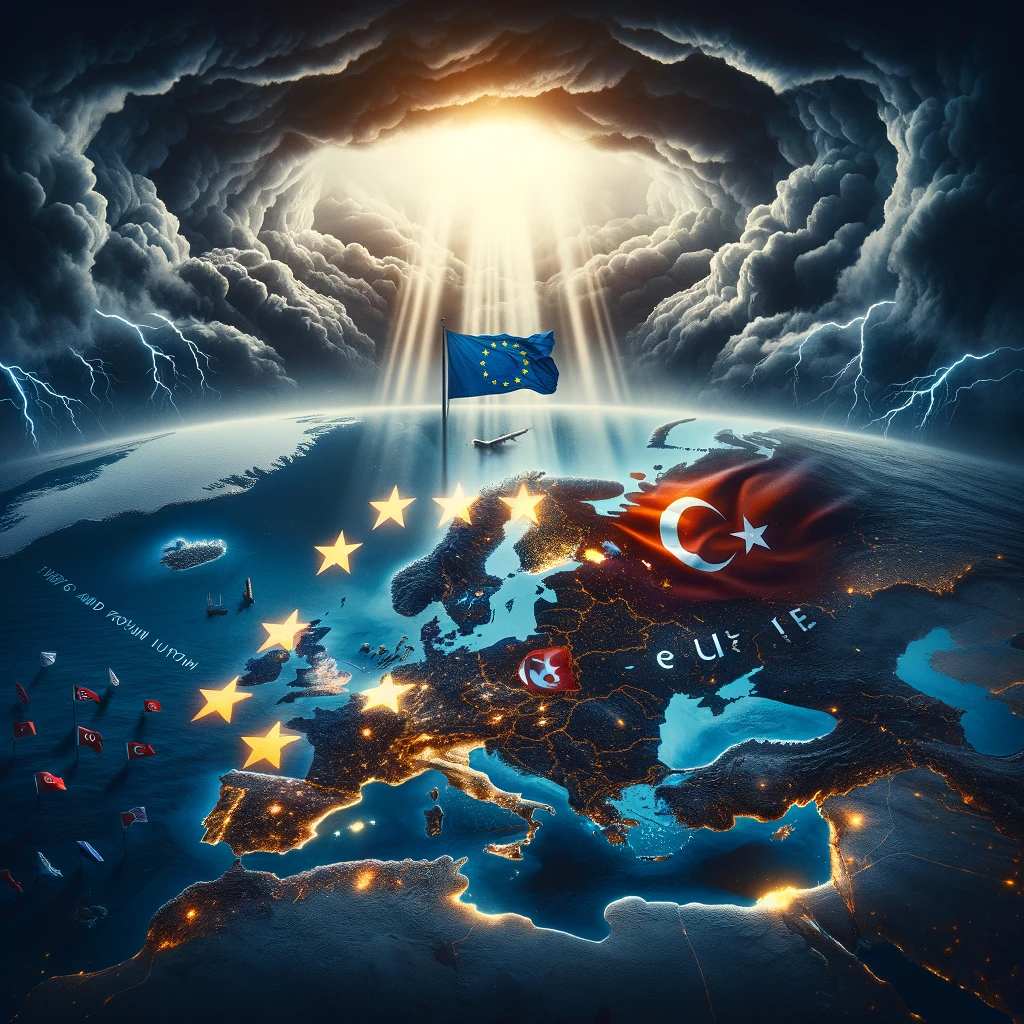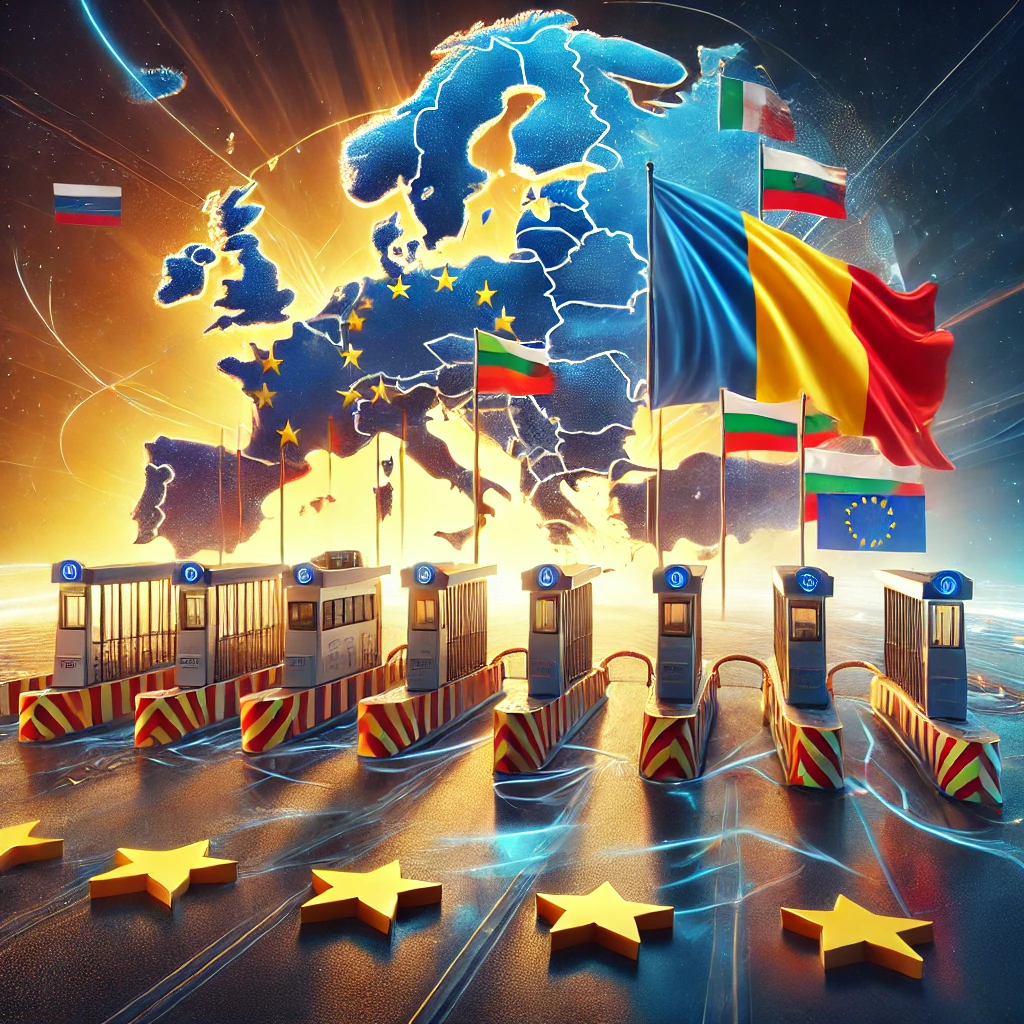The recent statements by Peter Stano, the Chief Spokesperson for Foreign Affairs and Security Policy of the European Commission, have once again highlighted the complex relationship between the European Union (EU) and Turkey. During a meeting with Turkish journalists in Brussels, Stano’s remarks underscored the EU’s awareness of Turkey’s significance but also the persistent challenges in the relationship. It is time to reflect on the historical and strategic importance of Turkey and Northern Cyprus, advocating for their full membership in the EU as a pathway to a more united and powerful Europe.
EU’s Recognition of Turkey’s Significance
At the outset of his discussion, Stano warmly greeted Turkish journalists, even wearing a Turkish flag T-shirt and expressing his fondness for Turkey in Turkish. This gesture was more than symbolic; it was a clear indication of the EU’s recognition of Turkey’s importance. Stano reiterated that Turkey’s role is vital not only for its region but for the EU as well. “Turkey’s importance is undeniable,” he stated, acknowledging the necessity for mutual cooperation between Europe and Turkey for a stronger and more resilient future.
Mutual Need for Strength
Stano’s assertion, “Turkey needs Europe, and Europe needs Turkey because together we are stronger,” highlights a fundamental truth. Turkey’s geopolitical position, economic potential, and cultural ties make it an indispensable ally for the EU. However, the EU’s approach, grounded in principles and values, has often been a stumbling block in advancing the relationship. This principled stance, while essential, should not overshadow the pragmatic need for unity and cooperation.
The Pain of Stalled Negotiations
The ongoing freeze in membership negotiations is a source of frustration for both sides. “It breaks my heart to see that we are getting nowhere,” Stano confessed, reflecting on the stalled EU-Turkey membership talks. The prolonged impasse not only hinders Turkey’s aspirations but also deprives the EU of the full benefits of Turkish integration. Turkey’s contributions to the EU’s formation and development have been significant, yet its path to full membership remains obstructed, raising questions about the EU’s commitment to inclusivity and fairness.
Northern Cyprus and the EU
In discussing Turkey’s integration, the issue of Northern Cyprus cannot be ignored. The Turkish Cypriots have long been marginalised, despite their historical and cultural ties to the European continent. Northern Cyprus deserves recognition and inclusion within the EU framework. A united Cyprus, inclusive of the Turkish Cypriot community, would strengthen the EU’s cohesion and demonstrate a commitment to resolving longstanding conflicts within its borders.
The Impact of Exclusion
The exclusion of Turkey and Northern Cyprus has broader implications for the EU. By continuously integrating smaller, less developed countries, the EU has increased its dependence on external powers, notably the United States. This growing reliance undermines the EU’s autonomy and strategic interests. Furthermore, the rise of far-right parties across Europe, fuelled by fears of illegal immigration and economic instability, is exacerbated by the EU’s inconsistent policies towards Turkey and its neighbouring regions.
Moving Forward: The Need for Inclusion
The path forward requires a shift in perspective. The EU must recognise that the inclusion of Turkey and Northern Cyprus is not merely a concession but a strategic imperative. Full membership for Turkey and Northern Cyprus would enhance the EU’s geopolitical leverage, reduce dependency on external powers, and contribute to regional stability. It is crucial for the EU to actively engage in resolving the issues that have stalled negotiations and to work towards a more inclusive and united Europe.
Conclusion
The EU stands at a crossroads. The decisions made today will shape the future of the continent. Embracing Turkey and Northern Cyprus as full members is a step towards a stronger, more resilient Europe. It is time for the EU to honour its historical ties, address contemporary challenges, and move forward with a vision of unity and cooperation. The stakes are high, and the opportunity for a truly united Europe must not be squandered.






